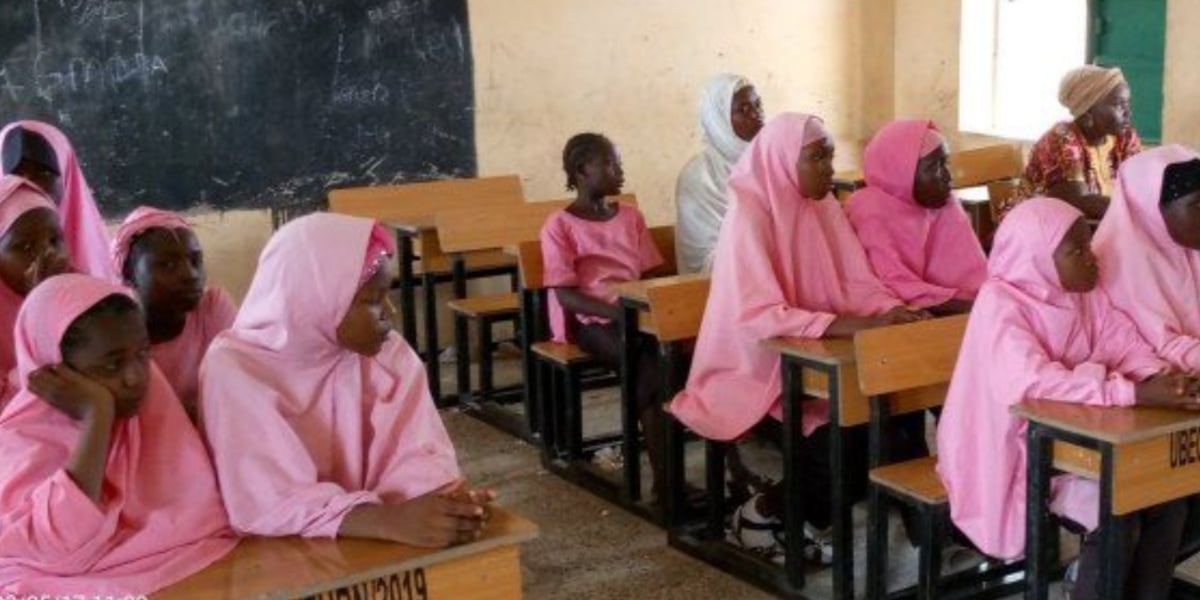Seventeen per cent of girls and women aged 15 to 49 skip social activities due to avoidable inconveniences and the stigma of menstruation.
The United Nations Children’s Fund, UNICEF, said this as the world marks Menstrual Hygiene Day on Sunday, May 28, advocating equitable menstrual health and hygiene programmes to ease the strains of menstruation.
UNICEF, which identified poverty and lack of access to basic services like toilets and water as issues causing menstrual health and hygiene needs to go unmet, said women and girls increasingly face the risk of infections.
Chief of WASH, UNICEF Nigeria, Ms Jane Bevan, articulated the points in a statement after a sensitisation programme for schoolgirls around Adamawa State.
Specifying that women and girls generally do not go to school, work, or get involved in meaningful activities during menstruation, Jane Bevan said, “UNICEF and partners are calling for action and increased investment in menstrual health and hygiene among women and young girls.”
She stressed the need for regular access to products and services as well as education and information for menstruating women and girls to better understand menstrual health and help end stigma.
“We are committed to creating a world where menstruation is a normal fact of life by 2030. Menstruation is normal, let’s normalise it. We are committed to creating a world where everyone has access to menstrual products,” she said.
The head teacher of Tsoho Tike Primary School, Jada, Musa Umar, said the UNICEF training provided an avenue where stakeholders freely discussed the challenges of menstruation and useful resolutions were suggested.
On his part, WASH coordinator of Jada Local Government Area, Obadia David, said 60 children from the age of 13 to 17 across 20 schools in the local government area had been impacted.
A student, Aisha Sulaiman, said the training had primed her for stress-free menstruation, as she can now effectively take care of herself.
“I can now prepare the reusable pad, which is highly cost-effective. Most importantly, I don’t skip classes any more because of menstruation,” the student said.

